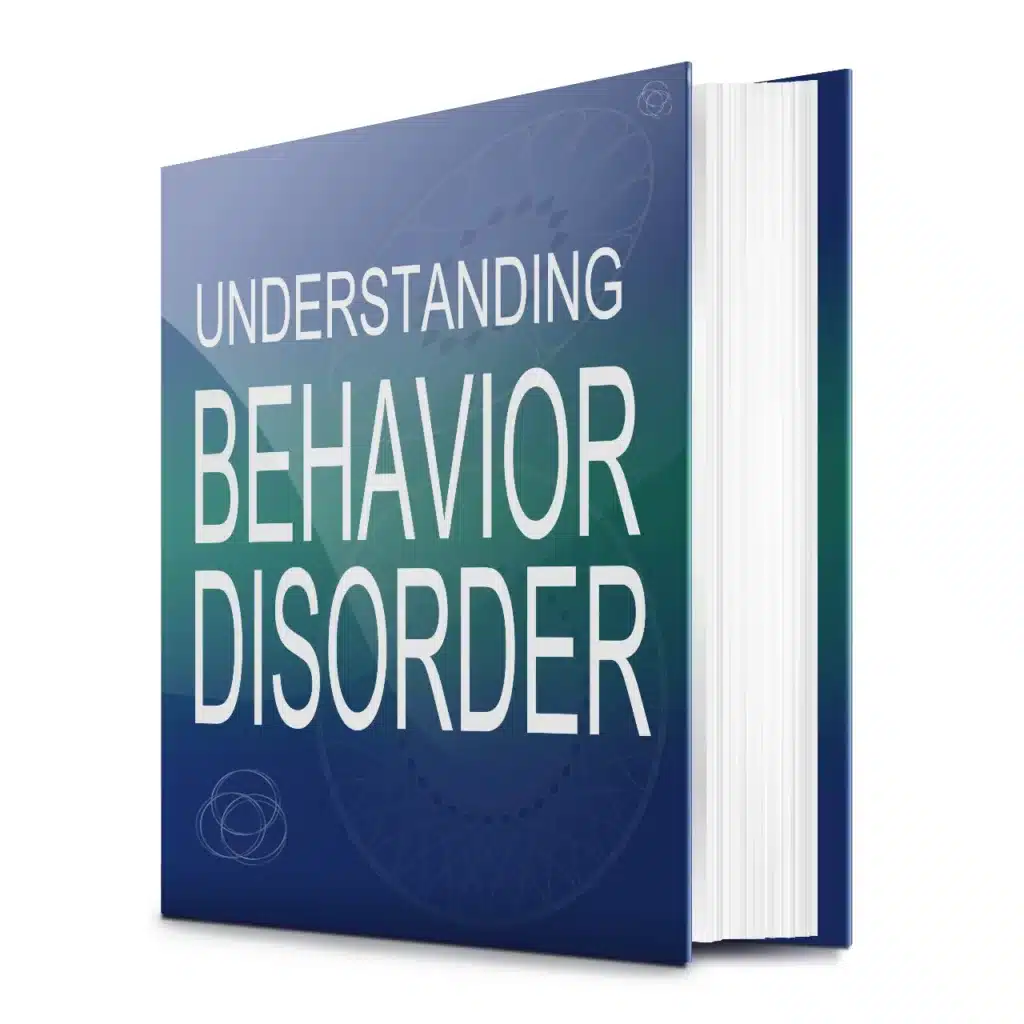Updated on April 25, 2022
The DSM-5 defines ODD as “a pattern of angry/irritable mood, argumentative/defiant behavior, or vindictiveness lasting at least six months.” Children on the spectrum are more likely to have this diagnosis as well because of the challenges they have in regulating behavior.
Understanding this connection and what you can do as a parent to help will assist you in giving your child the best foundation for life.
What is Autism Spectrum Disorder?
Autism Spectrum Disorder, or ASD, is a group of developmental disorders that cause social, communication, and behavioral challenges, according to the CDC. People with ASD will communicate and interact with the world and people differently than people who do not have it.
ASD is a spectrum disorder which means people can have varying degrees of impact from the condition. High functioning autism, which used to be referred to as Asperger, refers to people with autism who are able to function somewhat typically, but who still have social, communication, and behavioral challenges.
High functioning autism is more difficult to spot, at times, because the challenges these children exhibit may seem like normal behaviors at first. Knowing the difference will help parents and teachers alike guide these children through their behaviors.
Teens on the Spectrum Are More Likely to Have Disruptive Behavioral Issues and Disorders

One fact about teenagers with ASD is that they may have more tendencies toward defiant or disruptive behavior.
This is because the brains of children with ASD have a harder time regulating emotions, and those emotions can come out as defiant behaviors and meltdowns.
If they are not given the proper tools to learn to regulate those emotions in a healthy way, children with ASD are likely to grow into teens who are diagnosed with defiant behavior problems, like ODD.
However, parents must differentiate between autistic meltdowns and defiant behaviors. Meltdowns are intense responses to overwhelming circumstances, and they create a complete loss of behavioral control for the person with autism. This is different from a tantrum because the person in a meltdown cannot stop the behavior until it runs its course.
Even if you give in and give the child what they wanted, they cannot stop. Learning to understand the difference for your specific teen will help you respond appropriately to your child’s distress when parenting them.
What is ODD?
Teenagers are going to push the envelope and try to get their own way. Sometimes parents have a hard time telling the difference between normal teen behavior and a defiance disorder such as ODD. If the teen is on the spectrum, this gets even more challenging. Some signs to watch for that indicate you have a more serious issue beyond normal teen angst include:
- Extended period of constant defiance
- Hostility towards others
- Consistent irritability
- Increased number of meltdowns for ASD teenagers
While it can be difficult to know if your ASD teenager has ODD or just normal autistic behaviors, the end result is the same. When a teenager is having many meltdowns and is not able or willing to comply with family rules, your home can feel chaotic. Everyone involved, including the teenager with autism, deserves to have help in this situation.
Strategies to Avoid Confrontations
Avoiding confrontations can help limit the number of meltdowns and defiant behaviors you experience in your home. While this does not mean that you should let your teenager rule the roost, it does mean you can be strategic to create an environment that does not provoke these behaviors. Some strategies include:
- Teach your teen to comply with rules and expectations
- Learn what you can about ASD, so you have reasonable expectations
- Give your ASD teen a safe place to have a meltdown or create calm when feeling overwhelmed
- Watch for signs of overwhelm, and step back when they show
- Avoid trying to reason with the child
- Set clear boundaries and consequences, but work with the child’s differences when setting consequences
- Keep your home environment as structured as possible while providing support when you have to veer off the routine
- Avoid creating a battle of wills with your ASD teenager
How to Treat Out of Control Behaviors
The mixture of ASD and ODD can create a very challenging home environment. Sometimes, even the best-educated parents are going to find that they can’t manage out-of-control behaviors. When our teenager seems to be in a constant state of distress or has behaviors that are significantly impacting the rest of the family, then it is time to seek treatment.
Start with a therapy center that understands ASD. This will give you and your teen the strategies necessary to navigate his neurological differences to create safe and structured spaces that work. However, you may need intervention beyond this.
Behavioral treatment facilities can also be of help, particularity if ODD is involved. However, make sure the environment understands ASD if your child is on the spectrum. This will help them create an intervention plan that works with your child’s unique neurology.
When Should You Seek Treatment?
When your teenager seems to be in a constant state of distress or has behaviors that are significantly impacting the rest of the family, then it is time to seek treatment.
When everything you try fails, the answer is likely an intervention and a therapeutic residential treatment facility.
Please click the button below to speak to a family advocate.
Speak to a Family AdvisorShould You Consider Residential Treatment?
For extreme cases where behavior and meltdowns are putting the family and the teenager at risk, residential treatment may help. A caring, supportive environment that understands ASD and has the right structure to manage meltdowns and other behaviors can be what a child needs to learn to regulate their emotions and behaviors. You should consider residential treatment if:
- Your teenager seems to be in severe distress
- You have exhausted other options and need intensive help
- Your teenager’s unregulated behaviors are putting the family at risk
- You feel an intensive treatment would benefit your teenager’s long-term emotional health
Remember, residential treatment is not a punishment. It is a way to teach your child what she needs to succeed in life and avoid periods of distress. Many parents find that the defiant behaviors they see in their autistic teenagers get better when they get intensive treatment.
Residential treatment understands behavior, including autistic behavior, and provides unconditional love and social support to your child. These programs also provide the foundation for academic success. With both academic and clinical support, they can be the key your child needs to learn emotional regulation and how to control behaviors.



















